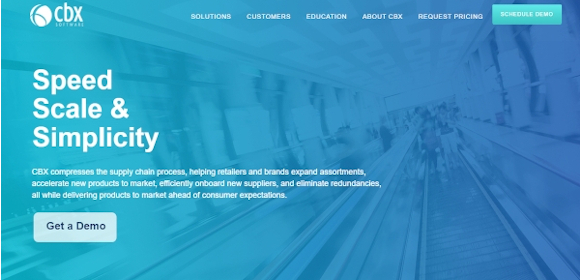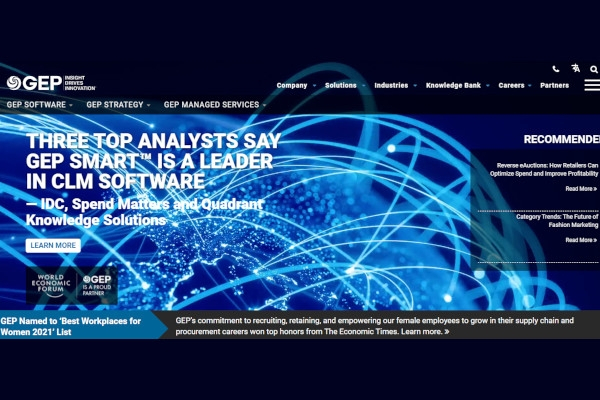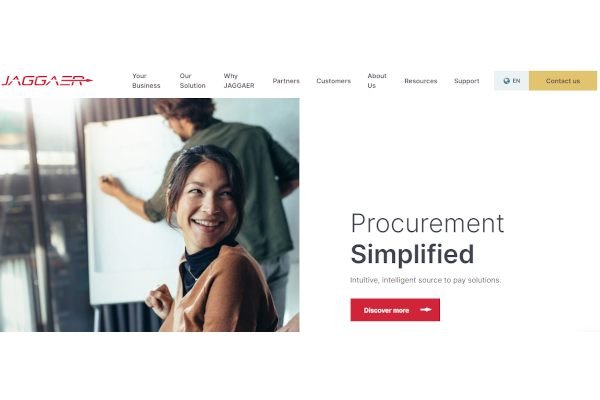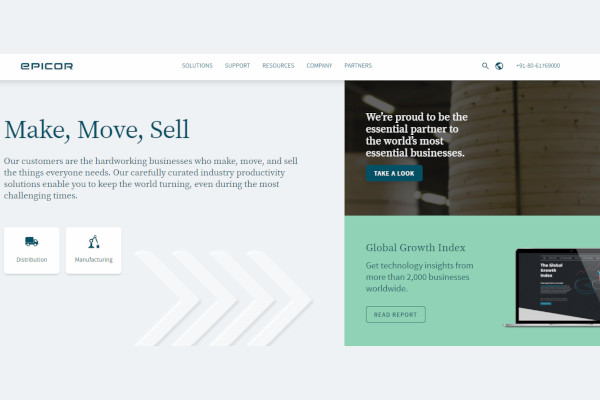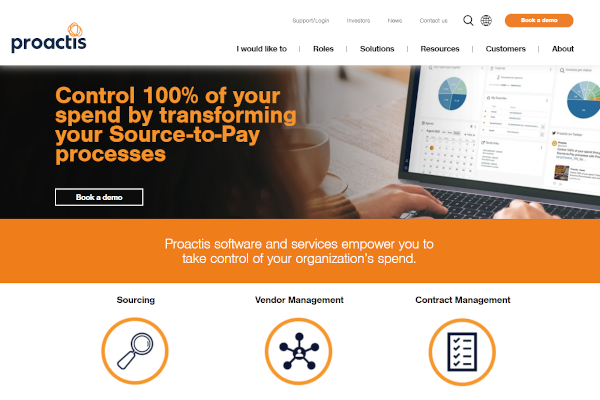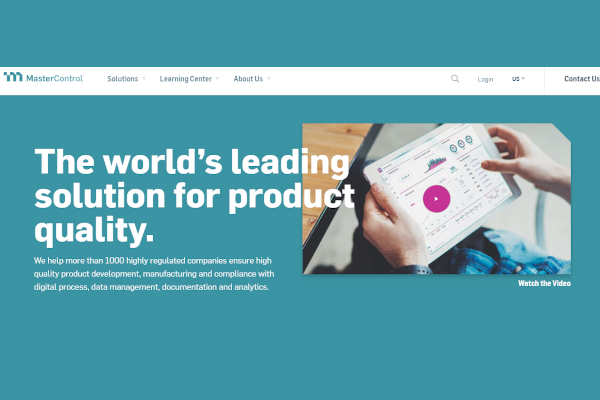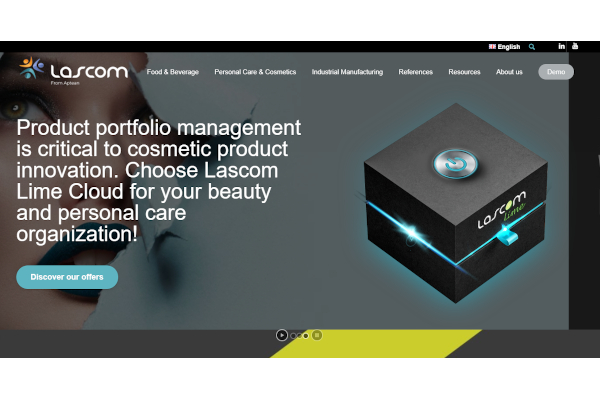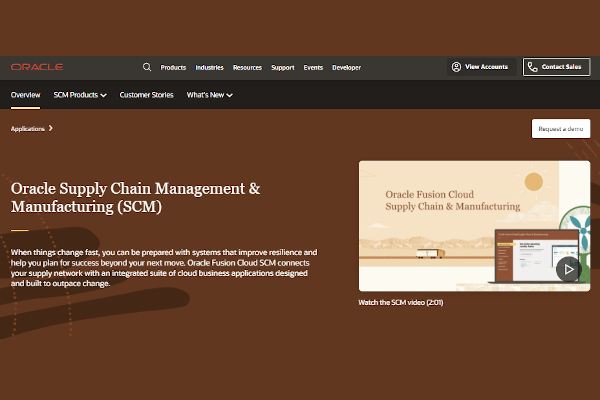Meaningful supplier relationships result in better buying outcomes. Building better relationships with your vendor is key to successful buying outcomes. This can be made possible with the help of a supplier relationship management system (SRM) in place.
SRM helps you systematically evaluate vendors, the value they provide, and determine which ones play the most critical role in your business continuity and performance. To help you prioritize important relationships and drive better value from your supply chain with ease, SRM software is the solution you need.
13+ Supplier Relationship Management Software
1. Gep
2. Jaggaer
3. Medius
4. Epicor
5. Corcentric
6. Kissflow
7. CBX
8. Proactis
9. Tradeshift
10. Mastercontrol
11. Lascom
12. Oracle Supply Chain Management
13. Specright
14. IDC Marketscape
What Is Supplier Relationship Management Software
Supplier relationship management software facilitates business relationships between companies and their suppliers. This software controls interactions, evaluates suppliers based on performance, and selects the best provider for various needs, may it be transportation or professional services. Procurement professionals typically use SRM solutions to establish mutually beneficial business relationships with suppliers to optimize purchasing.
Benefits
Generally, SRM software improves the process undertaken between buyers and suppliers. But on a deeper look, supplier relationship management software eliminates wasted time in the decision-making process, simplifying the process by consolidating all data in a single platform. Moreover, SRM software also automates repetitive tasks, allowing you to spend more time on other important matters or processes.
Features
SRM software can be delivered as a module or component of supply chain suites or as a standalone. Should you choose a product that is provided separately, SRM software should be integrated with purchasing software, supply chain planning software, and supply chain visibility software.
Implementing SRM software in your business, you can expect to enjoy the following features:
– supplier information management, including pricing or certifications
– evaluation of vendor performance
– selection of the best supplier for specific activities
– compliance with internal policies and legislation
– creation and management of approved supplier lists
– risk management (or identifying potential issues) and supplier audits
Top 10 Supplier Relationship Management Software
1. SAP Ariba
SAP Ariba is a cloud-based solution for collaborative spending, finance, and sales management. SAP Ariba has a company size of 2,362 employees and makes $448 Million in revenue.
2. SourceDay Platform
Thousands of companies rely on SourceDay Platform, a collaboration engine that allows more order shipment on time. SourceDay has 60 employees and makes $12M in revenue.
3. Oracle Supply Chain Management
Oracle Supply Chain Management equips you with systems that improve resilience and help you plan for success beyond your next move.
4. Specright
Specright helps companies digitize and take mapped actions in managing packaging, raw materials, formulas, products, or machinery specifications. Specright has 40 employees and makes $8M in revenue.
5. Anvyl
Anvyl has a supply chain production management platform that streamlines supply chain operations, automates workflows, and delivers real-time production analytics — from order to delivery.
6. Tradeshift
Tradeshift provides companies with tailored solutions in buying and selling goods and services. Tradeshift has 800 employees and makes $115M in revenue.
7. Compleat Software
Compleat Software provides businesses with 4 easy understandable plans and full visibility to make sound decisions. With Compleat Software, businesses can achieve the extraordinary. Compleat Software has 80 employees and generates not more than $5M in revenue.
8. Syncrofy
Syncrofy is designed for EDI and IT professionals to help them simplify their data. This suite allows data visualization, problem discovery, and seamless collaboration with internal teams and partners.
9. Jaggaer
Jaggaer is the world’s largest independent spending management company. This solution offers a wide range of features on a single platform, paving the way for businesses to achieve full digital transformation across the entire procurement spectrum.
Jaggaer generates an estimated annual revenue currently at $148.8M per year.
10. APEX Portal
APEX Portal has built-in SmartVM data validation that ensures accuracy across all supplier information and eliminates duplicate accounts.
FAQs
What Are the Inclusions of Supplier Relationship Management?
SRM is a systematic, enterprise-wide assessment of suppliers’ abilities in overseeing overall business strategy, determining activities to engage in with various suppliers, and planning and execution of all interactions with suppliers.
How Do I Establish Good Supplier Relationships?
The key steps to building good supplier relationships are:
– consistent communication
– risks evaluation
– being a great customer
– being mindful of cultural differences
– mutual understanding
– investing in modern technology, like SRM software or procurement solutions and the likes
What Does Supplier Segmentation Do?
Supplier segmentation covers the following processes:
– differentiating suppliers
– preparing supplier segmentation teams
– reviewing supplier segments
– identifying opportunities with suppliers – developing product/service agreements
– implementing agreements
– measuring performance and generating supplier/cost profitability reports
(Source: Douglas and Lambert, 2004; Sollner and Rese, 2001)
The goal of SRM is to streamline and improve the process between organizations (the buyers) and the businesses that supply them (the suppliers). This way, SRM can develop a mutually beneficial relationship between the organization and its suppliers.
Does this sound familiar? Have you heard of another software that works this way? Does that software streamline and improve the processes between an enterprise and its customers? Are we talking about customer relationship management (CRM)?
Related Posts
10+ Best Chemical Software for Windows, Mac, Android 2022
12+ Best Vulnerability Scanner Software for Windows, Mac, Android 2022
4+ Best Bundled Pay Management Software for Windows, Mac, Android 2022
10+ Best Trust Accounting Software for Windows, Mac, Android 2022
10+ Best Patient Portal Software for Windows, Mac, Android 2022
13+ Best Virtual Reality (VR) Software for Windows, Mac, Android 2022
12+ Best Bed and Breakfast Software for Windows, Mac, Android 2022
15+ Best Resort Management Software for Windows, Mac, Android 2022
14+ Best Hotel Channel Management Software for Windows, Mac, Android 2022
12+ Best Social Media Monitoring Software for Windows, Mac, Android 2022
10+ Best Transport Management Software for Windows, Mac, Android 2022
10+ Best Other Marketing Software for Windows, Mac, Android 2022
10+ Best Top Sales Enablement Software for Windows, Mac, Android 2022
8+ Best Industry Business Intelligence Software for Windows, Mac, Android 2022
10+ Best Insurance Agency Software for Windows, Mac, Android 2022
